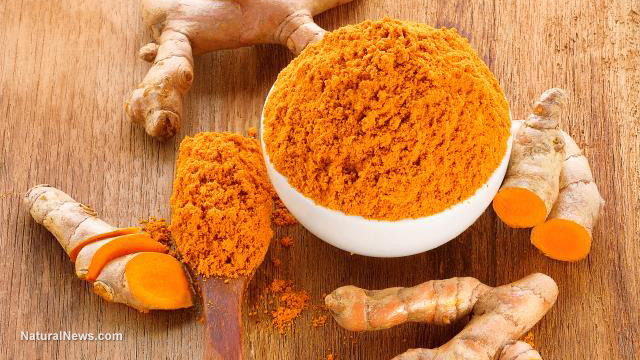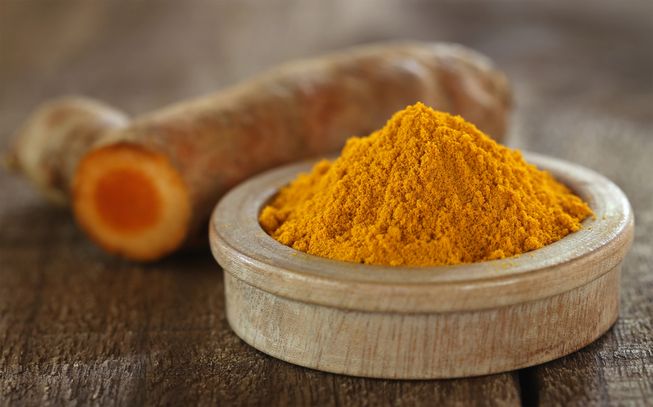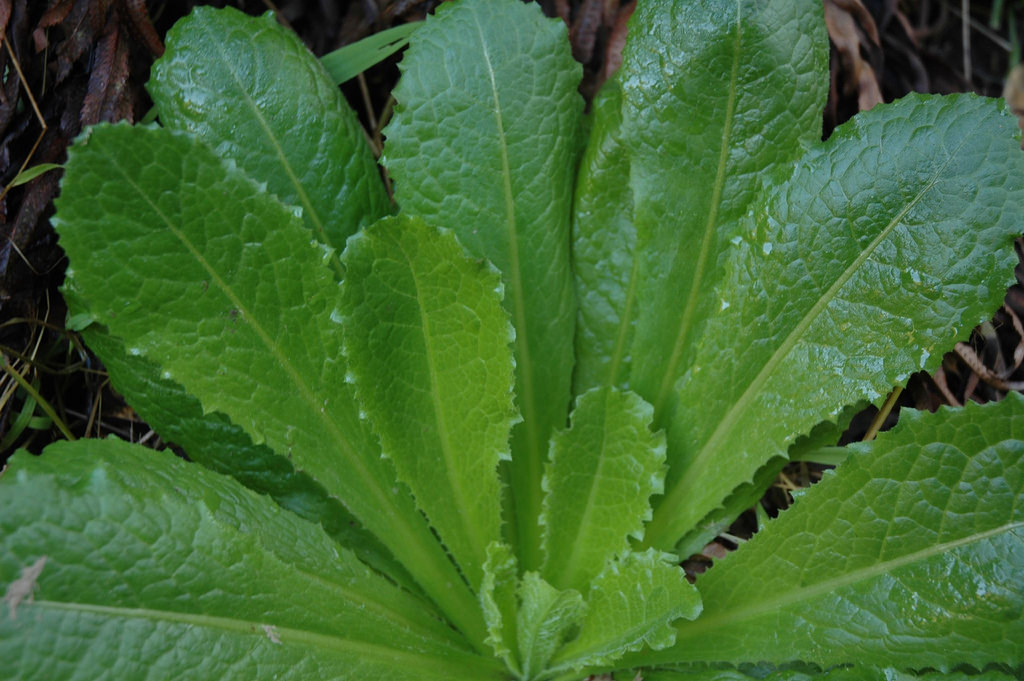
Advertisement
With all the hype surrounding turmeric, you’ve probably been tempted to try it for yourself. After all, there’s more than one way to take this versatile spice, so not being a fan of supplements isn’t going to limit your options.
You can add turmeric to a variety of dishes, from different types of curry to stews, to sauteed vegetables and even to a pot of plain rice. You can also use turmeric to make an herbal tea that is said to be healing, immunity-boosting and even cancer-fighting.
There are many other dietary uses of turmeric — you’ve only to search the Internet to find interesting ones. But you’ll also find that the health benefits offered by turmeric are just as many as its culinary and medicinal applications.
Widely used since ancient times as a medicinal herb, this versatile spice has proven itself to be an effective remedy for a wide range of diseases, especially those that involve inflammation and pain.
The advantages of turmeric over drugs
According to an online article written by Dr. Sarah Brewer, a licensed doctor and registered nutritionist in the U.K., for DailyMail, the beneficial effects of turmeric to human health stem from its high concentrations of antioxidant polyphenols.
Known scientifically as curcuminoids, these naturally occurring plant compounds can reduce inflammation, treat skin problems, boost immunity, support liver function and even aid in weight loss. Curcumin, the most abundant curcuminoid in turmeric, is its most active ingredient.
Brewer reports that curcumin can suppress a chemical called TNF-alpha, which is a promoter of inflammation. In fact, several drugs — known as TNF antibodies — that target this chemical have been developed in order to treat conditions like osteoarthritis, inflammatory bowel disease and psoriasis.
However, the downsides of using these drugs are that they are very expensive and have to be administered via injection. In comparison, curcumin is a cheap, widely available natural medicine that can easily be taken without using invasive procedures.
Turmeric, nature’s powerful painkiller
When it comes to relieving pain, Brewer notes that there are plenty of studies that support the use of turmeric as an alternative to non-steroidal anti-inflammatory drugs (NSAIDs) like ibuprofen. This is because the spice is just as effective as NSAIDs and cause fewer side effects.
Both curcumin in turmeric and ibuprofen work by decreasing the production of inflammatory molecules. While the latter does so by stopping the activity of the enzymes, COX-1 and COX-2, the former works through a number of cell signaling pathways to reduce the expression and activation of various pro-inflammatory factors.
This wider-ranging activity of curcumin from turmeric, says Brewer, “has the potential to reduce pain and inflammation with less potential for side effects.”
Brewer also cites a study that involved 367 people with moderate to severe knee osteoarthritis. For four weeks, half of these people took 1,200 mg of ibuprofen a day while the rest took 1,500 mg of turmeric extracts every day in divided doses.
After two and four weeks, researchers found that both groups experienced significant improvements in osteoarthritis symptoms, with no notable differences observed in terms of pain, joint stiffness or functional scores between the two groups.
The researchers, however, noted that more participants in the ibuprofen group complained of abdominal pain or discomfort than in the curcumin group.
With these findings, the researchers concluded their study saying that turmeric is a much better painkiller than ibuprofen owing to the fact that it is just as effective but does not cause as many side effects.
Getting the most out of turmeric
Despite turmeric’s many advantages, it does come with one glaring issue: its poor bioavailability. To improve its absorption inside your body, Brewer recommends taking tumeric with a pinch of black pepper.
Black, white and even long peppercorns contain a compound known as piperine, which is now established as the best complement to curcumin. Piperine can enhance the absorption of curcumin into the circulation, which is where you need this compound to be.
When using turmeric supplements, you also need to make sure that they contain piperine so that you can enjoy all the benefits provided by curcumin.
Sources:
Advertisements







